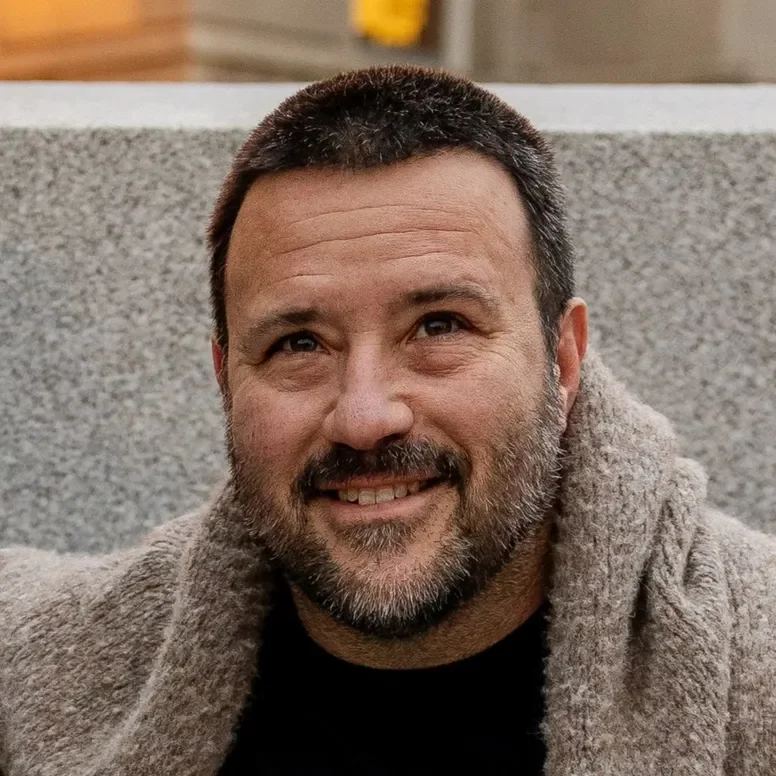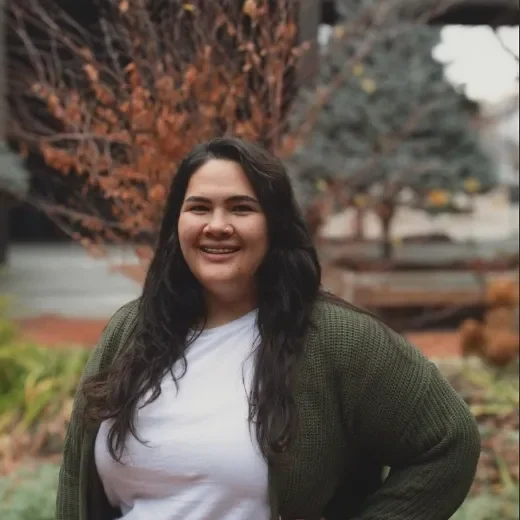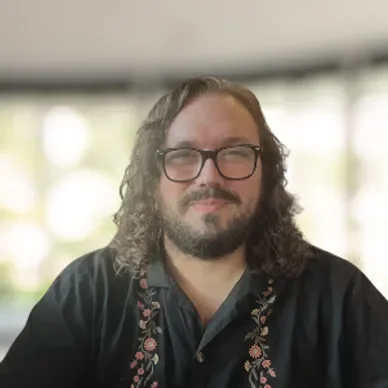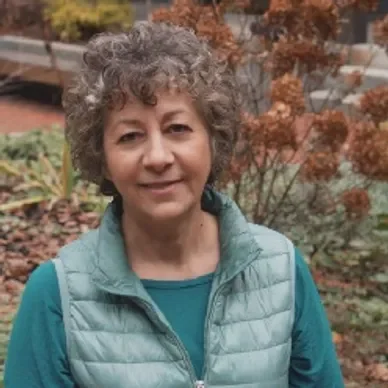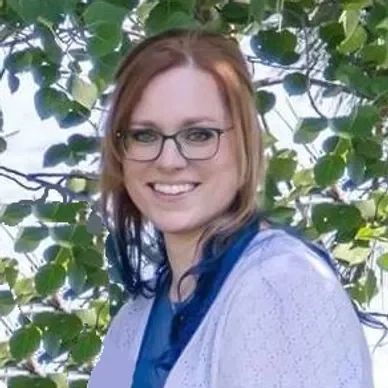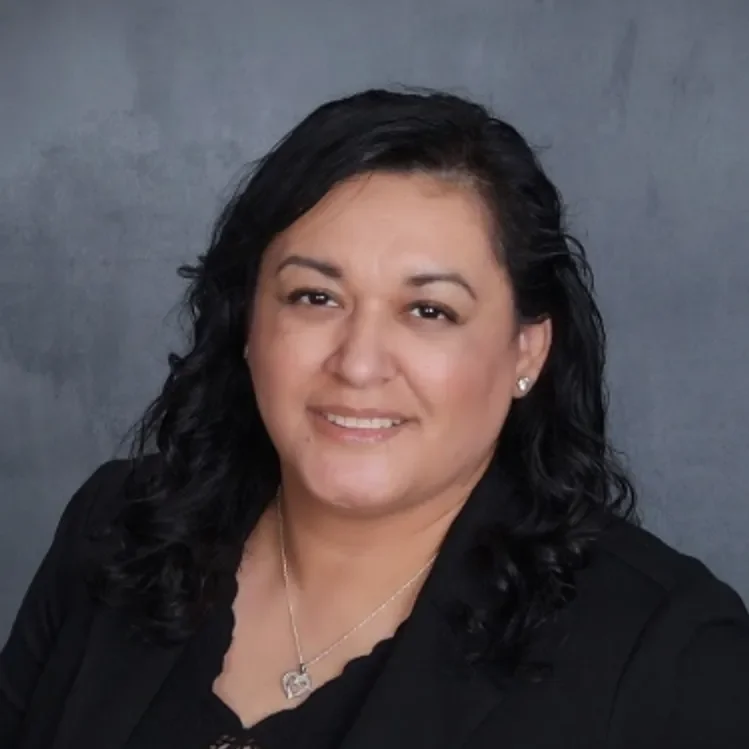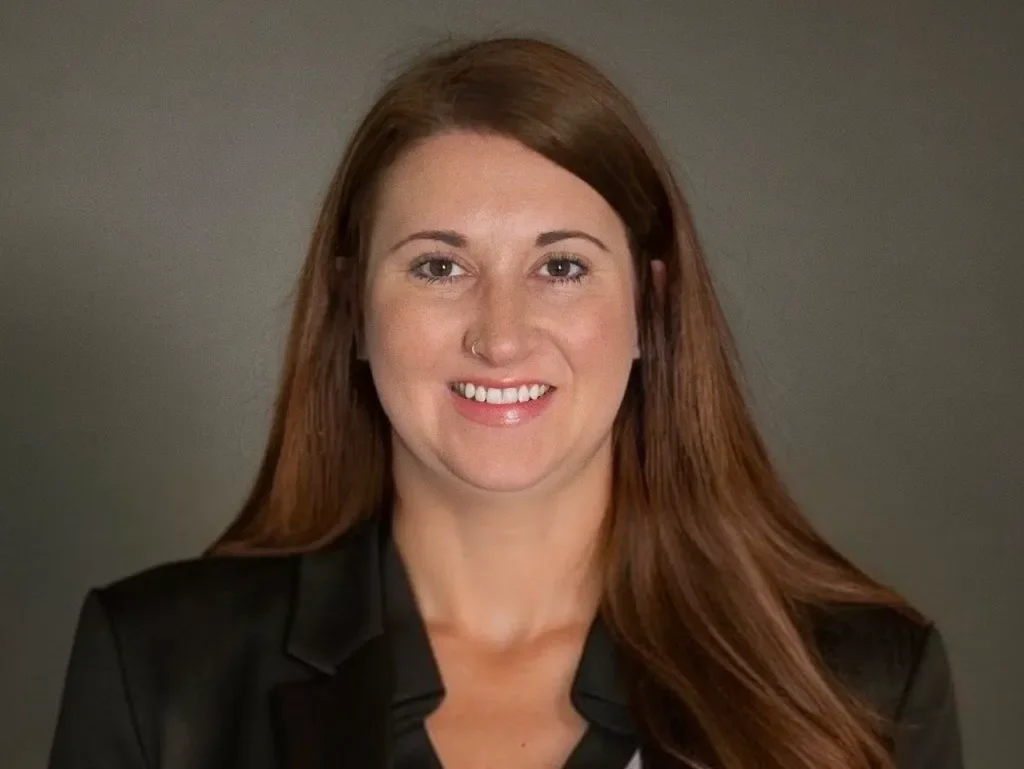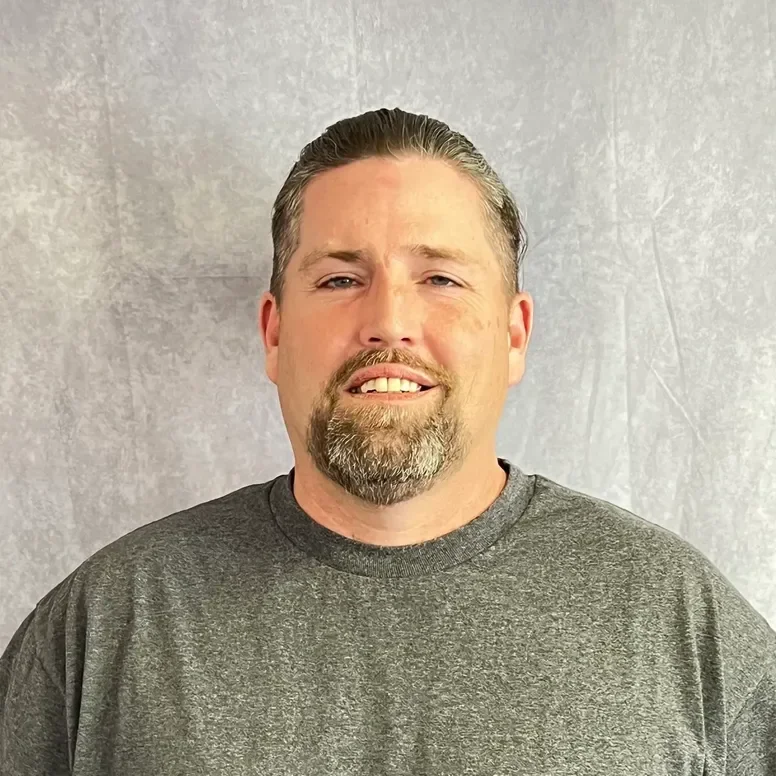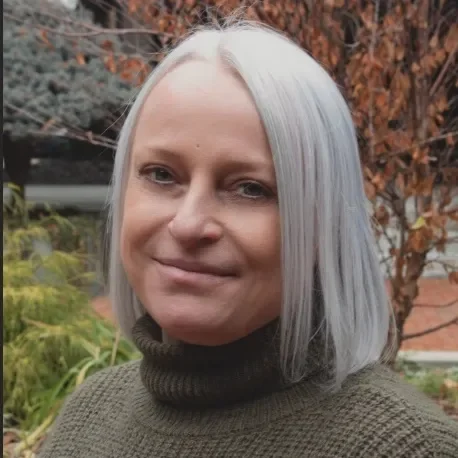
About Human Supports of Idaho
About Us
Our mission is to provide integrated services that support recovery and enhancement of life. For 30 years, we've served our community as Canyon County's sole mental health court provider, partnering with probation officers to deliver court-ordered services, substance use treatment, and evidence-based care. We create a collaborative environment that fosters hope, stability, and respect among those we serve, our employees, and the broader community.
Guiding principles
How we work
Our mission
To provide integrated services that support recovery and enhancement of life. We endeavor to create a collaborative environment that fosters hope, stability, and respect among persons served, employees, and our community.
Our vision
We aspire to be the human service agency of choice within our community: highly valued by the participants we serve, respected by competitors and colleagues, and acknowledged for innovative service delivery.
Our values
We value professionalism, competency, and high ethical standards in our employees and contractors. We perform our duties while maintaining respect for others, a non-judgmental attitude, genuine caring, and acceptance for all whom we serve. We demonstrate the importance of honesty, hope, compassion, empathy, and support in our actions.
Our difference
What sets us apart from other agencies
Locally and employee-owned
As a 100% employee-owned practice, our team has a personal stake in your success. We're invested in this community because we are this community.
Commitment to confidentiality
Unlike big mental health tech companies and corporate medical organizations, we never sell your sensitive data. Your privacy and integrity matter to us.
Comprehensive, integrated care
From individual therapy to substance use treatment, medication management to community support, we offer the full spectrum of behavioral health services under one roof.
Court-managed services available
We have worked with courts and probation for decades, and we can assure you that you won’t be judged here. We know that stuff happens, and we accept you as you are.
Clinical excellence and innovation
Led by Dr. Thadeus Koontz—a physician-scientist with expertise in neurobiology and psychiatry—we bridge cutting-edge research with compassionate clinical care.
Meet the team

Begin


